OVERVIEW
Kudoz is a new learning & volunteer platform in British Columbia
Think: AirBnB for real world learning. People with cognitive disabilities (Kudoers) book in-person learning experiences with community hosts. Kudoz comes from two years of deep ethnography and service prototyping, and is now scaling inside 3 large disability organizations. Growing Kudoz in a system predicated on rationing formal care - versus activating informal supports - has required rethinking practice, policy, and procurement. We’re using Kudoz for a bigger purpose: to create conditions for continuous innovation within Canada’s social sector.
Most existing disability services focus on safety. Adults like Mark, with severe autism, are stuck in segregated services doing the same activities on repeat. By brokering people to novel experiences, Kudoz expands social networks, builds skills, improves wellbeing, and over time, should reduce chronic demand on the system.
Behind Kudoz are 5 key design features:
- a new kind of face-to-face interaction between adults with disability and volunteers;
- a new value proposition and corresponding end-to-end experience for volunteers;
- 3 new roles: the ‘curator’ to shape learning experiences; the ‘taster’ to quality check; the ‘family ambassador’ to support parents;
- a new measurement system and app;
- a new booking system (front and back-end).
What makes Kudoz innovative
Kudoz marks a shift from traditional top down services to distributed platforms; and from paid professionals providing care to brokering informal supports. Making this shift has led us to innovate at all levels: we’ve worked with (1) individuals and families to change expectations and norms; (2) cities, businesses, and community members to reimagine volunteering; (3) organizations and funders to suspend policy & procedures. Behind Kudoz is a unique long-term partnership between a social design agency, three disability service providers, and a government funder.
Kudoz activates community resources and prompts behaviour change
Kudoz catalyzes 120+ hours of free community resource every month, and that number grows each week. Designed using original ethnographic research alongside evidence-based theory from neuroscience and social psychology, Kudoz isn’t just innovative, it’s impactful. Evaluation results indicate Kudoz is markedly improving participants’ sense of self and future; increasing the supply of opportunities available to adults with cognitive disabilities; and reducing stigma within the community.



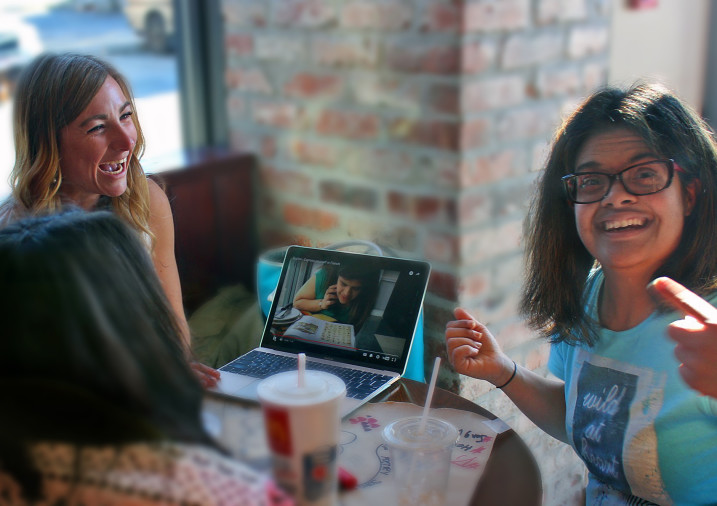
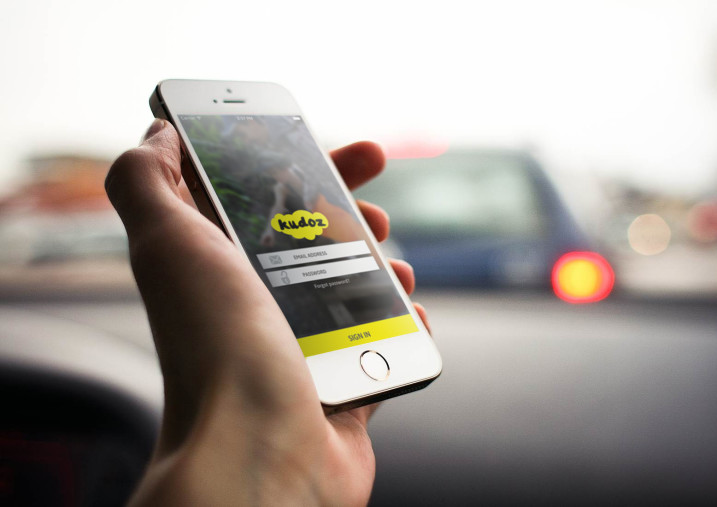
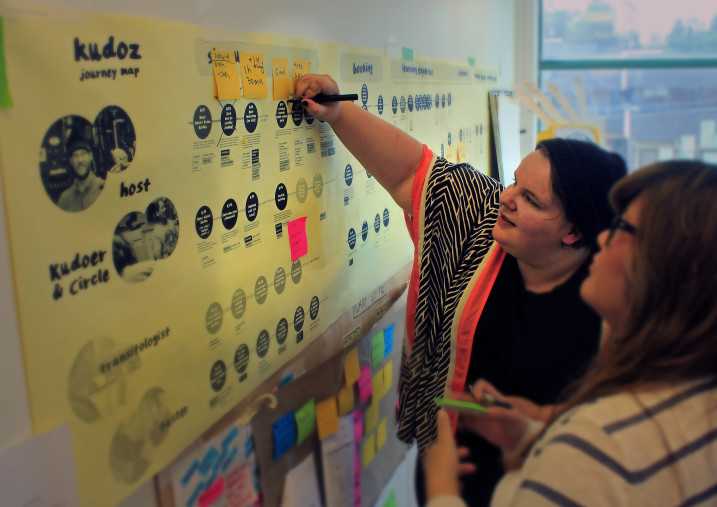


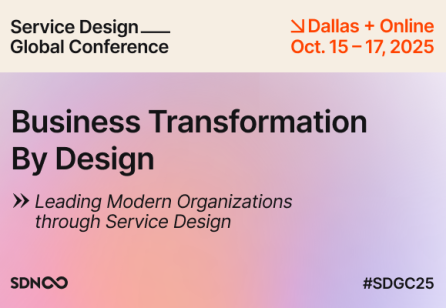
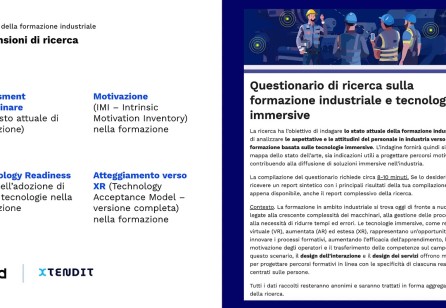

Share your thoughts
0 RepliesPlease login to comment